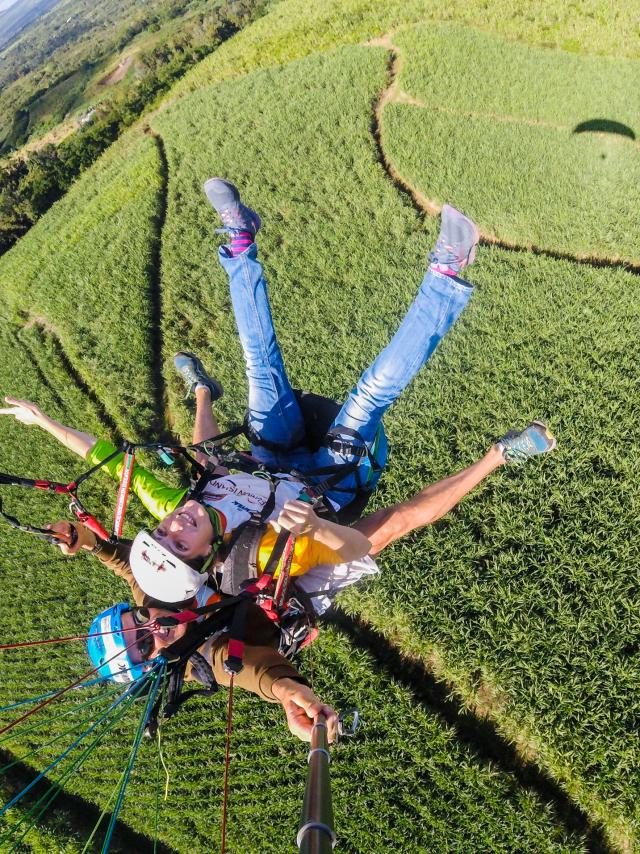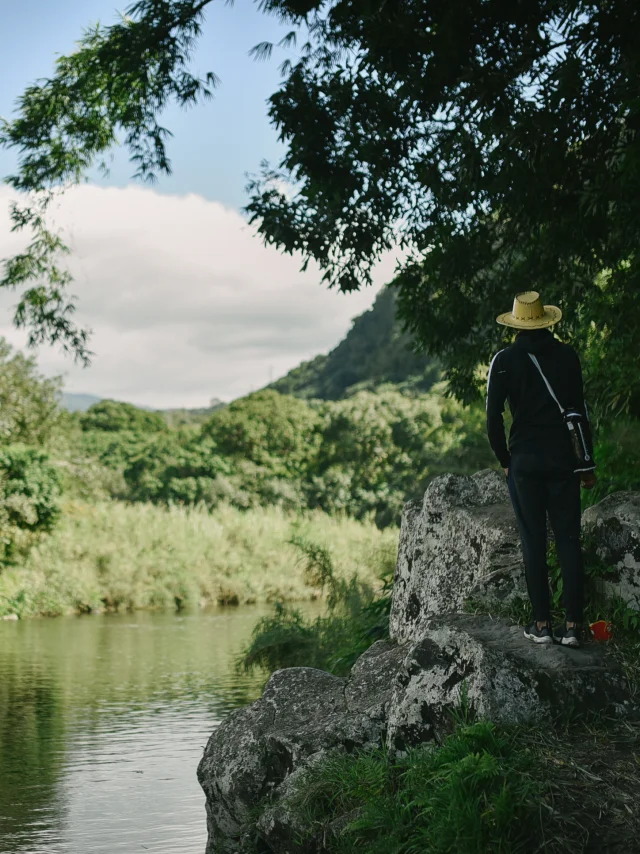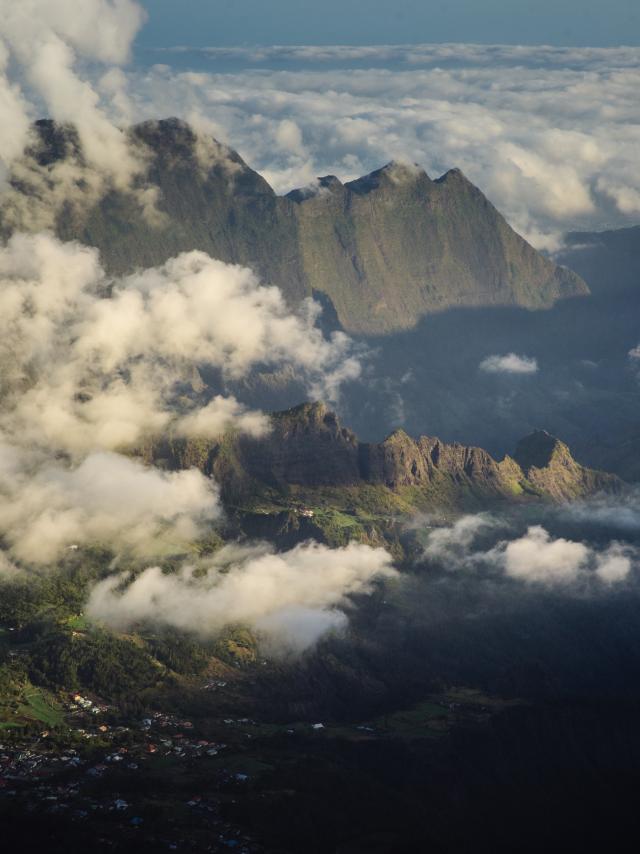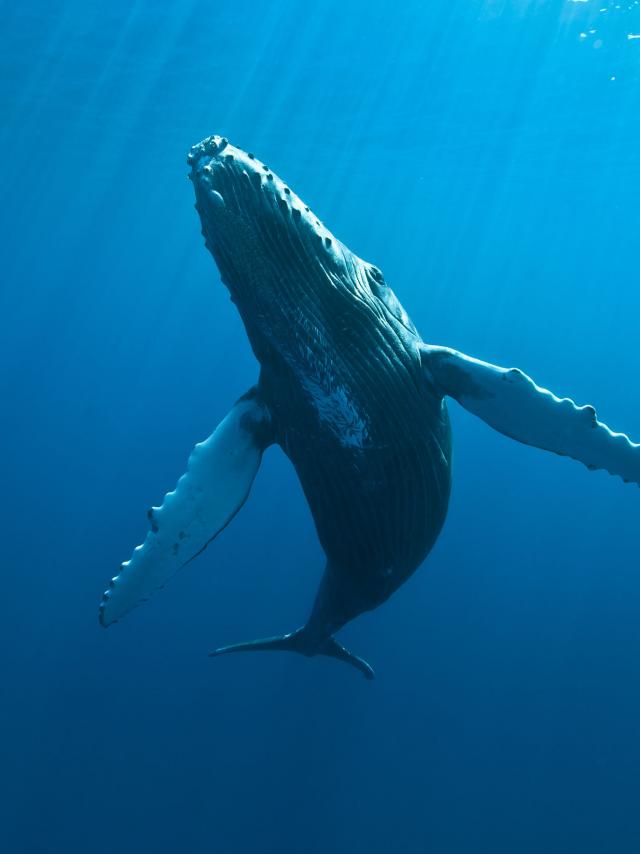The heart of the island was designated as a Parc National in 2007. The exceptional landscapes and nature of the highlands of the island have thus received not only the protection, exploration and development they lacked, but also the worldwide recognition they deserve. The Parc is a place of excellence, where priority is given to the protection of the environment, animal and plant species, landscapes and cultural heritage. It is subject to specific regulations.
The Parc National de La Réunion encompasses an exceptional natural landscape rich in biodiversity, with more than 300 endemic plant species, unusual fauna and an active volcano. The beauty and integrity of these natural environments – and in some cases their cultural and historical features – enable the Parc National de La Réunion to provide tourists with a genuine showcase of the island’s heritage.
 Vegetation29cocotiersetangsaintpaul Creditirt Lionelghighidts072017.jpg
Vegetation29cocotiersetangsaintpaul Creditirt Lionelghighidts072017.jpgThe Reserve Naturelle Marine of La Réunion
Discover the Réserve Naturelle Marine de La Réunion, which was created in 2007 and covers 35 km2 of coastline, from Cap La Houssaye to Saint-Paul, to the Roche aux Oiseaux and the Étang Salé. In order to reconcile human activity with the preservation of the reefs, new rules of use have been issued by the decree creating the nature reserve and by prefectural decrees. The Réserve Naturelle Marine protects 80 per cent of the island’s coral reefs. More than 3,500 animal and plant species have been identified here, including 366 different corals, jellyfish and anemones, 530 crustaceans and as many as 1,305 molluscs, starfish, sea urchins and other shellfish. In addition to this abundance of marine life, there are nearly 1,000 species of fish and five species of marine turtles. This biodiversity is recognised as being one of the richest in French overseas territories.
The Reserve Naturelle Nationale of the Etang Saint-Paul
The Réserve Naturelle Nationale of the Etang Saint Paul is located on the west coast of the island. The Étang Saint-Paul, with a surface area of 415 hectares, is the largest of Reunion’s coastal wetlands and is particularly conducive to the development of animal and plant populations. The quality, uniqueness and diversity of its landscapes (including its birds, insects, chameleons and tropical forests) make it one of the most remarkable sites on the island. A true natural treasure of the west coast, the site is open to the public free of charge all year round, with two possible entry points, one via Savanna and the other via the Tour des Roches.
.
 Photographe
Photographe Photographe
Photographe Montagne Mafate81 Credit Irt Luc Reynaud Dts 06 2019.jpg
Montagne Mafate81 Credit Irt Luc Reynaud Dts 06 2019.jpg











